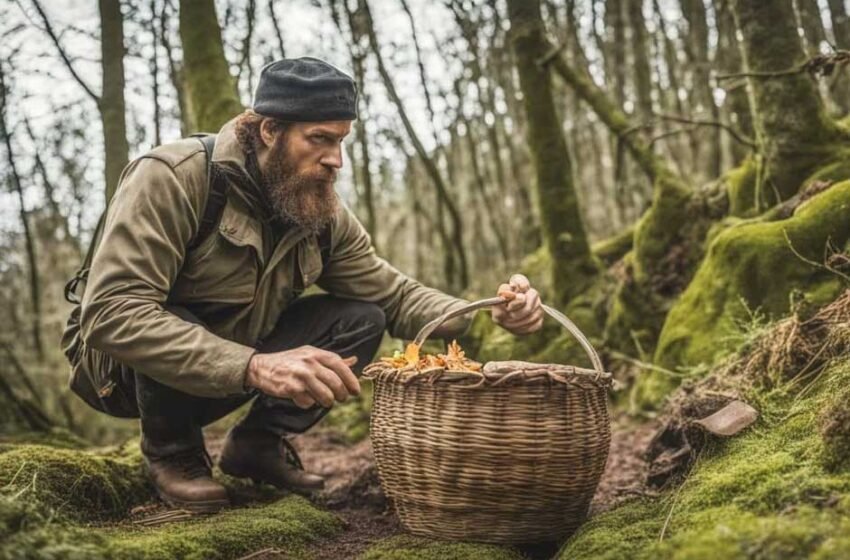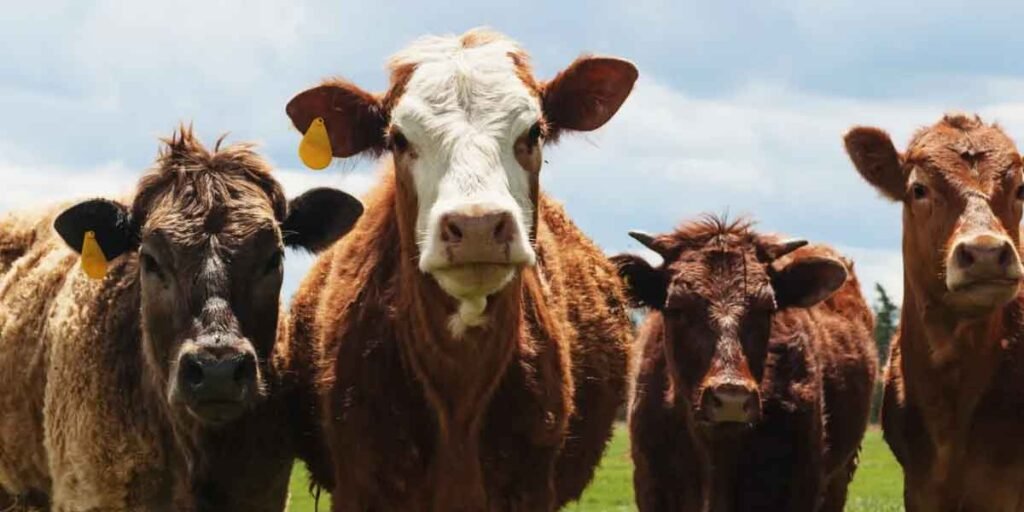The 3 Essential Skills And Gear For First-Time Survivalists

Outdoor survivalism teaches you how to rely on skill rather than comfort. You’re not heading into the woods for leisure. You’re training to respond when comfort disappears. The essence of survivalism is knowing what to do if you get lost, stranded, or stuck without help. You don’t need expensive gear or a background in wilderness training.
Survival starts with thinking clearly, staying calm, and making simple decisions. Once you’ve been doing it for a while, you’ll understand what matters, what to learn first, and how to build confidence without guessing. In this article, we’ll go over the essentials to get you started as a survivalist.
1 – Mindset
Survival begins in your head. Before you learn how to build shelter or light a fire, you need to train your thoughts. Panic is what turns a tough situation into a deadly one. You can have every tool in your pack and still fail if your thinking breaks down.
Stress, fear, and discomfort are part of survival. You don’t eliminate them. You learn to manage them. That’s why your mindset matters more than anything you carry. Staying calm lets you make smart choices when everything else feels uncertain.
Train your mind using cold exposure. It’s one way to practice staying focused under stress. The point isn’t to chase extremes. It’s to teach your body and brain how to remain still and alert when comfort is gone. You’re building mental habits that stay with you in harder situations.
2 – Core skills to develop
Shelter, water, fire, and food. These are your priorities, and they’re in that order for a reason. Losing body heat kills faster than thirst. Thirst kills faster than hunger. Knowing what to do first keeps you from wasting time and energy on the wrong task.
Start with shelter. It protects you from wind, cold, and rain. Even in mild weather, a drop in temperature at night can become dangerous. Learn how to spot good shelter spots and what materials to use.
Your body fails quickly without water. In most places, you can find water if you know where to look. Streams, plant roots, morning dew are all great sources.Fire gives you heat, safety, and a way to purify water. It also helps signal for help. You should know how to start a fire in wet and dry conditions.
3 – Essential gear
You don’t need a backpack full of high-end equipment to start learning survival. But you do need a few simple tools that work. These aren’t luxury items. They help you stay alive when conditions turn rough.
A knife does more than cut. You use it to build shelter, shape tools, prepare food, and defend yourself if needed. Fixed blades are stronger, but even a reliable folding knife will help. So does knowing how to use it without wasting motion.
Carry a lighter, but don’t count on it alone. A ferro rod works when wet, cold, or low on fuel. Practice using it before you’re out in the woods.





